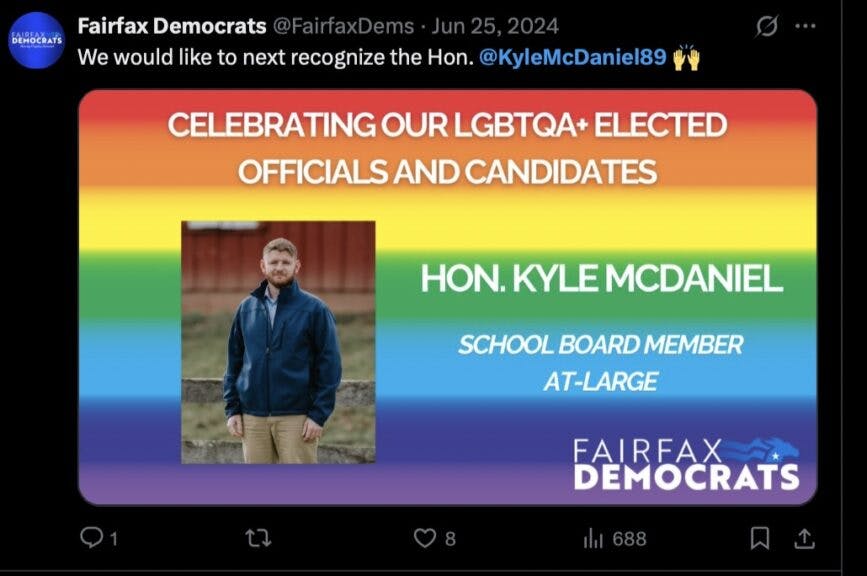Major University Holding Separate Graduation Ceremonies Based on Race, Income, Sexual Orientation
When Columbia University in New York City holds its virtual graduation ceremonies for the Class of 2021, it wants to be sure that there are separate ones for certain identity groups.
“Complementing our school- and University-wide ceremonies, these events provide a more intimate setting for students and guests to gather, incorporate meaningful cultural traditions and celebrate the specific contributions and achievements of their communities,” the Ivy League university said in announcing a series of graduation ceremonies designed for those groups Columbia has deemed special.
The ceremonies begin with one for Native Americans on April 25.
Next comes what is called “Lavender Graduation” to spotlight the “LGBTQIA+ community” on April 26.
On April 27, the university will hold a ceremony for Asian students, followed by one for low-income students and those who are the first generation in their family to graduate from college.
The series of racially profiled ceremonies continues April 29 with one for Hispanic students — billed as “Latinx Graduation” to reflect current liberal language — and concludes April 30 with a ceremony for black graduates.
Among the trinkets given out at such a ceremony are what the university calls Multicultural Affairs Graduation Cords.
Columbia’s website says those will be bestowed upon students who “have demonstrated an outstanding commitment to inclusion, global diversity, social justice and multiculturalism through Multicultural Affairs, campus leadership, activism, community involvement, academic endeavors and/or personal dedication.”
“Worn in the various graduation ceremonies, the graduation cords are also a powerful visual symbol of our new graduates’ ongoing commitment as alumni in continuing and sharing the office’s mission of supporting personal development, advancing the strength within communities, acknowledging diversity in the different aspects of their lives, working toward social justice, honoring our different and intersecting legacies of struggle and survival and building meaningful coalitions across different identities,” the university says.
In a column for The College Fix in 2019, Dion Pierre wrote that race-based ceremonies are wrong.
The Hofstra University alumnus said he graduated before the fad — which has now become part of the graduation experience at more than 175 colleges — began, but he would not have gone if such ceremonies were in vogue when he was in college.
“I went to college to get a liberal education, not a black education, and even then I wanted nothing to do with the new forms of Jim Crow-esque separate-but-equal,” he wrote.
Pierre said segregated gatherings are not real-world diversity.
“Actual diversity is the everyday experience of getting to know people who differ from you. Skin color and the ‘black experience’ are at most a small part of it,” he wrote.
“Segregated commencement ceremonies are the tip of the iceberg of racial segregation on campus. They are part of colleges’ racial spoils system in which minority student groups shakedown college administrators for special accommodations,” Pierre said.
“[N]ewspapers and their friends in the diversity regime gaslight college trustees, donors, taxpayers, and most of all — students — into thinking these programs improve race relations. But the history of segregated programs and the statements of neo-segregationists show that they have widened the breach between the races,” he wrote.
“College seniors, regardless of race, should walk the stage together on graduation day,” Pierre said. “They will have to work in the same office spaces, seek office in the same Congress, and work to sustain the American project.
“As students prepare to enter a world that is truly diverse, colleges should be giving them a history lesson Americans have learned painfully before: separate can never be equal.”

